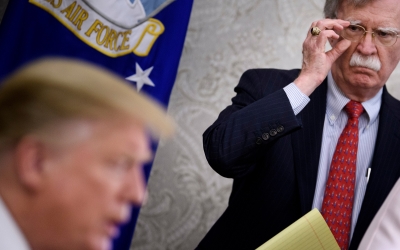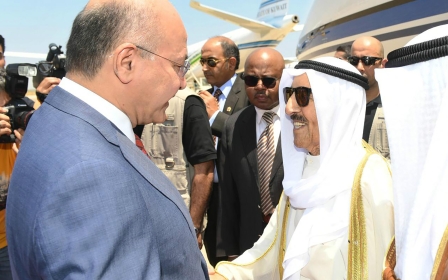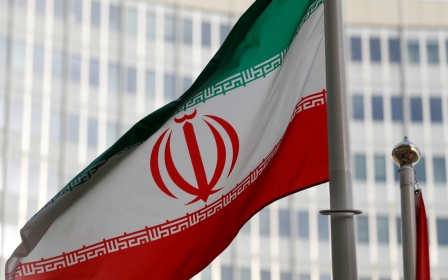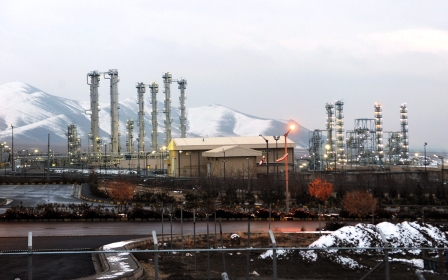Trump says 'hard to believe' that Iran shot down US drone intentionally
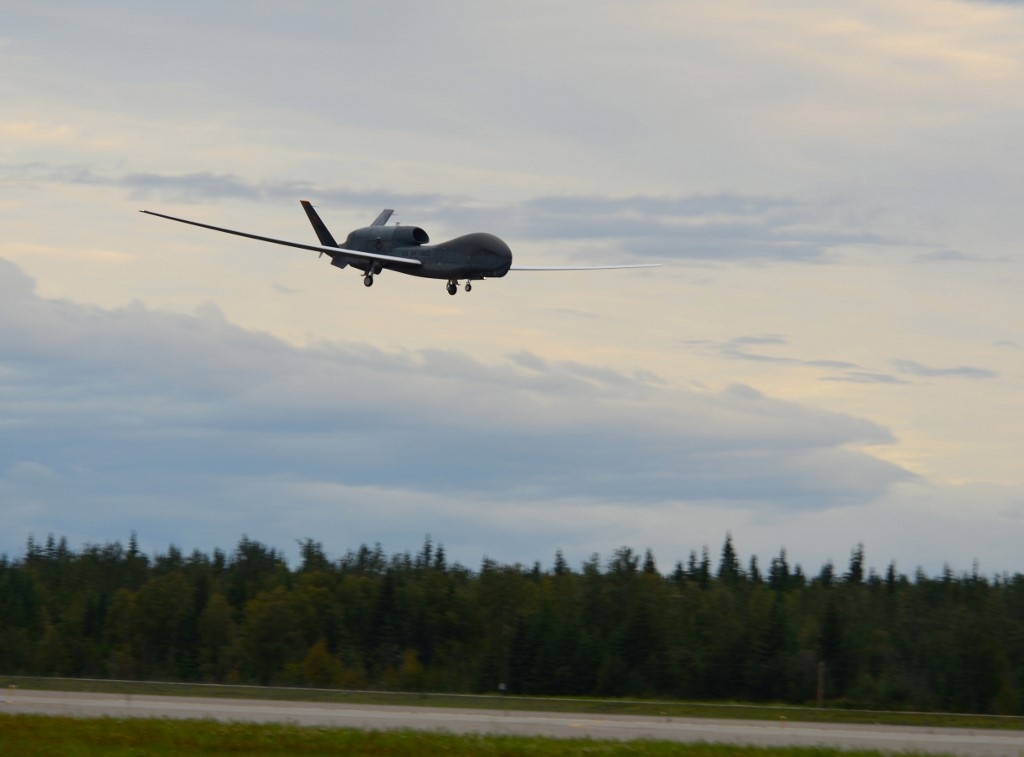
US President Donald Trump appeared to play down Iran's recent shooting down of a US military drone, saying he suspected it was targeted unintentionally, despite Iran offering a detailed account of the incident.
"I think probably Iran made a mistake - I would imagine it was a general or somebody that made a mistake in shooting that drone down," Trump told reporters at the White House on Thursday.
According to US officials, the drone was shot down at 11:35 pm GMT on Wednesday, though the exact location of the incident remains up for debate.
US officials have said the drone was flying over international waters in the Strait of Hormuz when it was hit. Tehran insists the drone was flying over its southern province of Hormozgan when its forces shot it down.
'The president may not intend to go to war here, but we're worried that he and the administration may bumble into war'
- Chuck Schumer, Democratic senator
"It's hard to believe it was intentional, if you want to know the truth. I think that it could have been somebody who was loose and stupid that day," Trump said as he met Canadian Prime Minister Justin Trudeau in the Oval Office.
New MEE newsletter: Jerusalem Dispatch
Sign up to get the latest insights and analysis on Israel-Palestine, alongside Turkey Unpacked and other MEE newsletters
Asked if he is willing to go to war with Iran, Trump said: "You'll find out."
Later on Thursday, Tehran complained to the UN against what it called a "blatant violation of international law" by the US.
In a letter to UN Secretary General Secretary General Antonio Guterres, Iranian envoy Majid Takht Ravanchi warned that Iran will "take all appropriate necessary measures against any hostile act violating its territory".
Iran's Foreign Minister Javad Zarif said the US was "lying" about the drone being over international waters when it was shot down.
Meanwhile, Iran's Revolutionary Guards (IRGC) said that the "spy" drone had turned off its identification transponder before being shot down, state broadcaster IRIB reported.
"The drone took off from a US base in the southern Persian Gulf ... It had turned off all its identifying equipment in violation of aviation rules and was moving in full secrecy," IRIB quoted a Guards statement as saying.
On Thursday afternoon, Trump met with US congressional leaders from both major parties at the White House to brief them on the crisis.
After the meeting, Chuck Schumer, the top Senate Democrat, warned against escalation with Iran.
"The president may not intend to go to war here, but we're worried that he and the administration may bumble into war," Schumer told reporters.
To avoid an unintentional confrontation with Tehran, the senator suggested giving Congress a say in any possible military move against Iran.
"We told the room that the Democratic position is that congressional approval must be required before funding any conflict in Iran," Schumer said.
Earlier in the day, Republican Senator Lindsey Graham, one of Trump's top allies, said the attack on the US drone brought the US "one step closer" to war with Iran, adding that the president's "options are running out", AFP news agency reported.
"They shot down an American asset well within international waters trying to assess the situation. What are you supposed to do," Graham said.
However, Democratic speaker of the House of Representatives, Nancy Pelosi, warned that "there's no appetite for wanting to go to war in our country", AFP reported.
Tensions between the US and Iran have been mounting since the US pulled out of the 2015 nuclear deal with the country last year.
In recent months, Washington has imposed a series of crippling sanctions against Tehran as part of a "maximum pressure" campaign to isolate Iran and limit its role in the region.
Concerns over the possibility of a full-blown military confrontation have increased since recent attacks on two oil tankers in the Gulf of Oman.
The attacks followed a separate operation against four other tankers off the coast of the United Arab Emirates on 12 May.
Both incidents took place near the Strait of Hormuz, a major conduit for global oil supplies.
While the US has accused Iran of carrying out the attacks on the tankers, Iran has denied involvement.
In response to the tanker attacks, on Monday the US announced it would deploy about 1,000 more troops to the Middle East, along with Patriot missiles and manned and unmanned surveillance aircraft.
The increase is in addition to the 1,500 US troops deployed in May.
Middle East Eye delivers independent and unrivalled coverage and analysis of the Middle East, North Africa and beyond. To learn more about republishing this content and the associated fees, please fill out this form. More about MEE can be found here.


